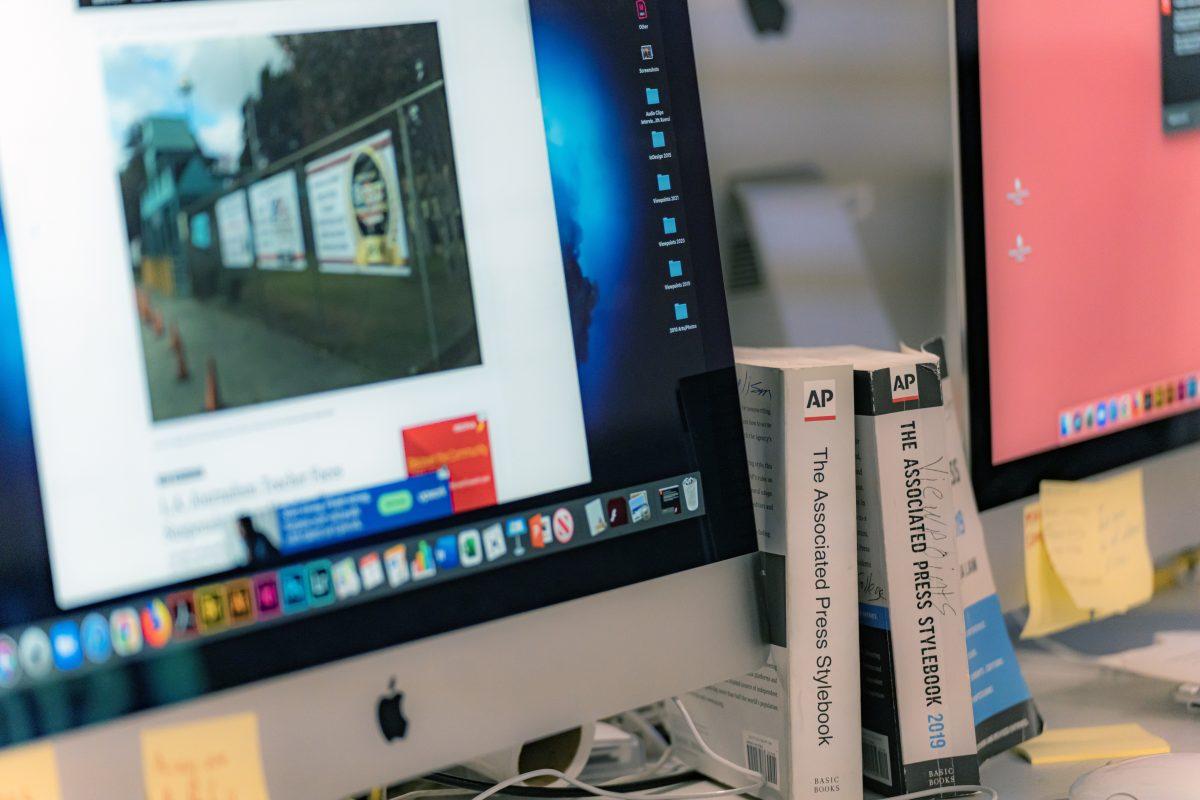By Vianney Morales
Student journalists nationwide are facing an epidemic. There is a looming threat of their voices being revoked when their school is the subject of criticism in their writing.
The Society of Professional Journalists chapter serving the greater Los Angeles area held a panel Nov. 3 discussing the rights of student journalists.
The event was moderated by Cal State Northridge journalism instructor Ben Davis Jr.
The panelists were former Daniel Pearl High School student journalist Nathalie Miranda, Daniel Pearl journalism teacher Adriana Chavira, Student Press Law Center attorney Mike Hiestand and UC Irvine instructor Susan Seager.
They discussed the importance of protecting student journalism when reporters critically report on their school.
Student newspapers who have published articles that criticized their school administration by informing their peers in return are faced with retaliation from administration and threatened with having their journalism programs cut entirely.
Seager recalls having legally represented students after they were threatened with a lawsuit from a teacher who was the subject of a story they published.
The story exposed her sexual relationship with a minor who had become emancipated four months prior to the start of relationship.
This scared the school and the administration acted out of fear, according to Seager. Lawyers advised the school to remove the story to eliminate the risk of a legal battle ensuing and to put an end to the issue at hand.
Seager recalls the fear of the student journalists she represented.
“They were worried the administration was going to punish them in some way,” she said. “(They worried) that they could either not walk(for their graduation ceremony) or not get their diploma.”
Miranda, who had written a story outing a librarian for not being vaccinated, recalled feeling fearful of the consequences. She worried that not only she would be implicaed but also her journalism teacher, Chavira, and if it would jeopardize the Pearl Post entirely.
Chavira had received a suspension in response to not taking down Miranda’s story.
“I don’t think the fear came until the end (of the school year),” Miranda said. “From the beginning it was more shock and anger, it was anger toward our district and toward our principal.”
The librarian claimed that the story was a HIPAA violation but those rules don’t apply in journalism. Her vaccination status as a public school employee is considered information that the public deserved to know.
Miranda said being educated on their rights as student journalists is what protected the Pearl Post from intimidation by the school administration following their attempt to censor her.
The misconception that censorship in journalism only happens when topics of sexual nature were also discussed by the panelists but Hiestand clarified that is not the case.
When advisers and student journalists don’t comply with their school’s warnings to remove a story, their publication gets deplatformed entirely.
“It’s almost a guarantee if you are writing a story that is critical of the school that for whatever reason makes the school look bad, that’s the number one reason why they are getting censored,” Hiestand said.







